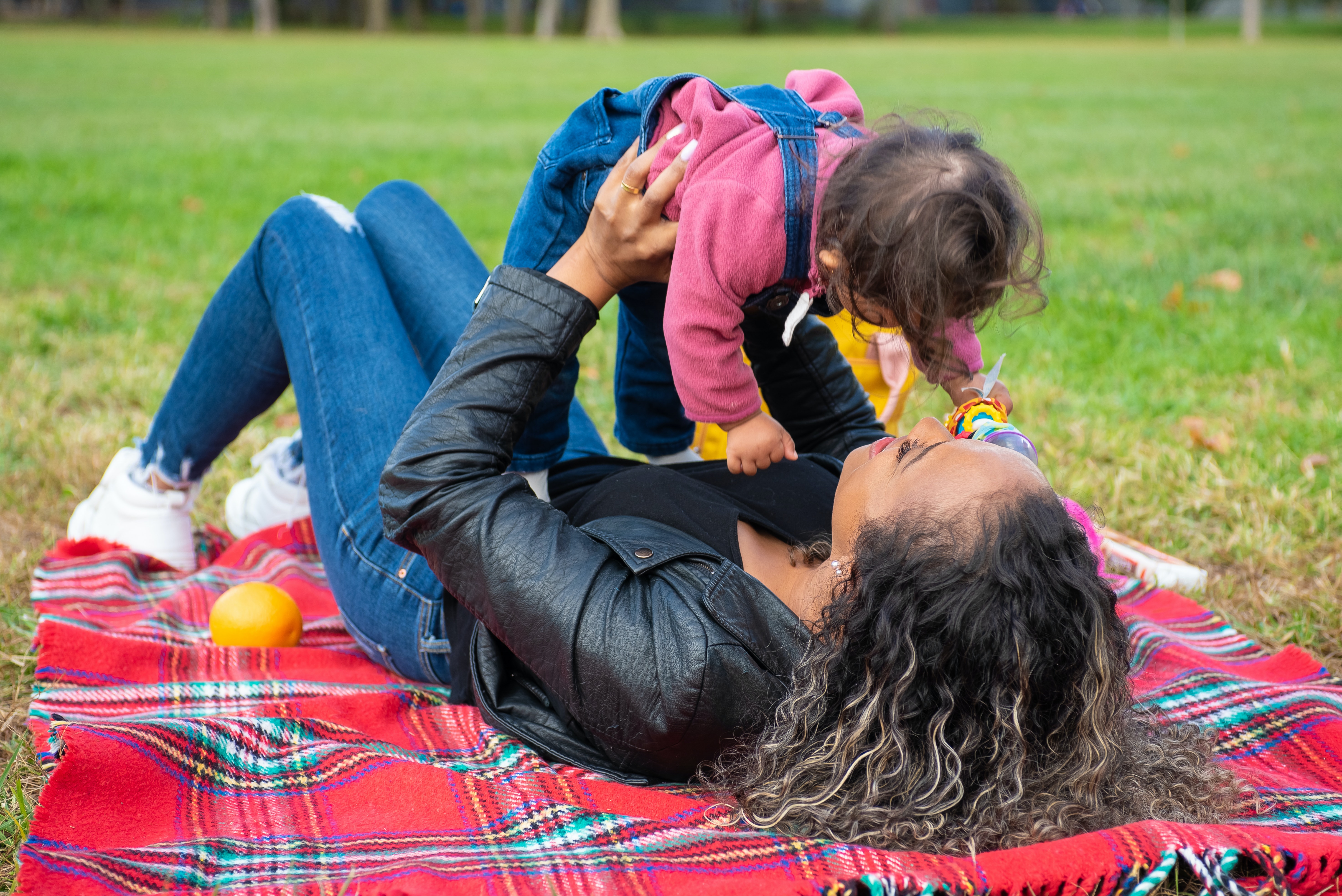
Green and Gender-just Cities
Green and Gender-just Cities: exploring the relationship between gender inequalities and urban natural environments
Context
Women have stronger physical and mental health associations with exposure to nature than men and are more negatively impacted by climate change and loss of biodiversity. The Levelling Up White Paper says that improving provision of, and access to, greenspaces is pivotal to instilling pride of place, improving well-being, and reducing spatial and social inequalities. The UN Sustainable Development Goals aim for: improved health and well-being for society; universal access to good quality, accessible green spaces in cities by 2030; achieving gender equality and empowerment of all women and girls; and creating peaceful and just societies, and inclusive cities. Connecting people to nature is also one of four strategic programmes highlighted in a recent policy paper (Natural England 2020).
By engaging with key decision-makers and civil society, the project team will identify the most impactful levers available to policymakers and practitioners to improve well-being, reduce inequalities and design inclusive, healthy cities. This work has the potential to make meaningful societal impact by influencing evidence-based policymaking and urban design.
Aims and Objectives
Dr Sarah Knight (Department of Environment and Geography)
Dr Sarah Knight (Department of Environment and Geography, University of York)
Dr Claire Goodfellow (MRC / CSO Social and Public Health Sciences Unit, University of Glasgow)
Dr Sien van der Plank (Department of Sociology, Social Policy and Criminology, University of Southampton)
Victoria Newlove (Arup Ltd, Leeds)
UK Research and Innovation, Economic and Social Research Council (ESRC), administered by Sealey Associates for the ESRC Postdoctoral Fellows Development Scheme.
Arup Ltd University of Glasgow University of Southampton